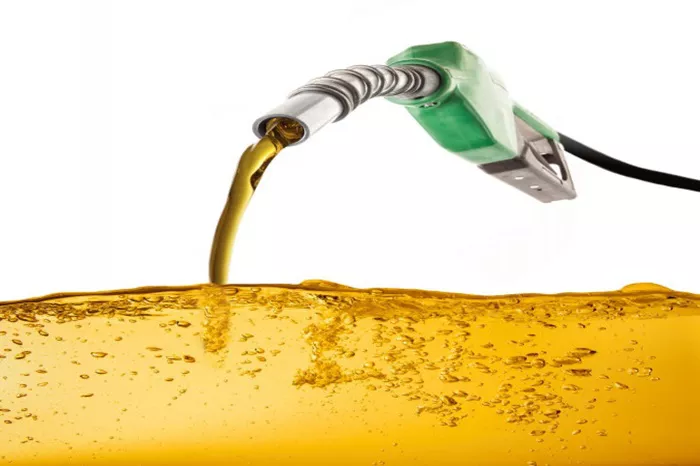Choosing the correct octane fuel for your vehicle is a critical decision that can influence its performance, efficiency, and longevity. With various options available at the pump, understanding the nuances of octane ratings and their impact on engine operation is essential. In this comprehensive guide, we will explore the science behind octane fuels, analyze empirical data, and provide actionable insights to help you make an informed decision about which octane fuel is best suited for your car.
Understanding Octane Ratings
Octane rating is a measure of a fuel’s ability to resist knocking or pinging, which occurs when the air-fuel mixture ignites prematurely in the combustion chamber. The higher the octane rating, the greater the fuel’s resistance to knocking. Octane ratings are typically displayed as three numbers, such as 87, 89, or 93, with higher numbers indicating higher octane levels.
The primary component of octane fuels is hydrocarbons, which are molecules composed of hydrogen and carbon atoms. The chemical composition of these hydrocarbons, particularly their molecular structure and bonding, determines the fuel’s octane rating. Higher octane fuels contain hydrocarbons with stronger molecular bonds, making them more resistant to premature ignition and thus less prone to knocking.
Effects on Engine Performance
The choice of octane fuel can have a significant impact on engine performance, particularly in high-compression engines or those equipped with turbochargers or superchargers. Using a lower octane fuel than recommended for your engine can lead to knocking, which can cause engine damage if left unchecked. Knocking can also result in reduced power output, decreased fuel efficiency, and increased emissions of harmful pollutants such as nitrogen oxides (NOx) and hydrocarbons (HC).
Conversely, using a higher octane fuel than necessary typically does not provide any performance benefits and may even result in decreased power output and fuel efficiency. This is because higher octane fuels burn more slowly than lower octane fuels, which can lead to incomplete combustion and reduced energy release during the power stroke. As a result, engines optimized for lower octane fuels may not fully utilize the energy potential of higher octane fuels, leading to diminished performance and efficiency.
See also: What Fuel Has No Ethanol?
Manufacturer Recommendations
One of the most reliable sources of guidance regarding octane fuel selection is the manufacturer’s recommendations for your vehicle. Automakers specify the minimum octane rating required for optimal performance and engine longevity. This information can usually be found in the owner’s manual or on the fuel filler door. Adhering to the manufacturer’s recommendations ensures that your engine operates as intended, minimizing the risk of damage or performance issues.
Impact on Fuel Economy
While higher octane fuels may offer better performance in certain circumstances, they do not necessarily translate to improved fuel economy. In fact, using a higher octane fuel than necessary can sometimes result in slightly lower fuel efficiency and increased costs per mile. However, if your engine is designed to take advantage of higher octane fuels and experiences knocking with lower octane options, using the recommended octane level can optimize both performance and fuel economy.
Cost Considerations
Octane fuels typically increase in price as their octane rating rises. While higher octane fuels may offer benefits for certain engines, they also come at a premium compared to regular unleaded gasoline. It’s essential to weigh the potential performance improvements against the additional cost when deciding which octane fuel to use. For some drivers, the added expense may not justify the marginal gains in performance or fuel efficiency.
Driving Conditions and Habits
Another factor to consider when selecting octane fuel is your driving conditions and habits. If you regularly engage in spirited driving, towing heavy loads, or live in areas with extreme temperatures, using a higher octane fuel may be beneficial to prevent knocking and maintain engine performance. Conversely, if your driving consists mainly of city commuting at moderate speeds, a lower octane fuel may suffice without sacrificing performance or fuel economy.
Fuel Quality and Additives
In addition to octane rating, the quality of the fuel and its additives can also impact engine performance and longevity. Top-tier gasoline brands often contain detergents and additives that help clean fuel injectors, prevent carbon buildup, and improve overall engine efficiency. While these fuels may come at a slightly higher price, they can offer long-term benefits by keeping your engine running smoothly and efficiently.
Conclusion
Choosing the right octane fuel for your vehicle requires careful consideration of factors such as manufacturer recommendations, driving conditions, and fuel quality. While higher octane fuels can offer performance benefits for certain engines, using a fuel with a higher octane rating than necessary may not always be cost-effective. By understanding the implications of octane ratings and making an informed decision based on your specific vehicle and driving habits, you can ensure optimal engine performance, efficiency, and longevity.
Related topics:

